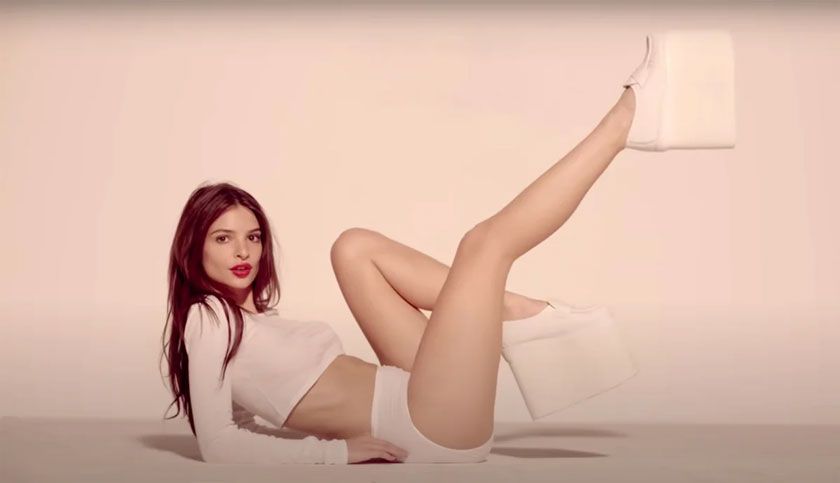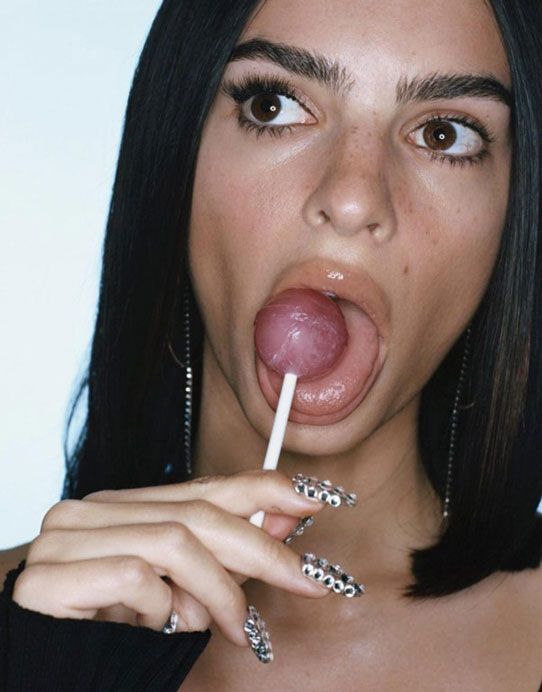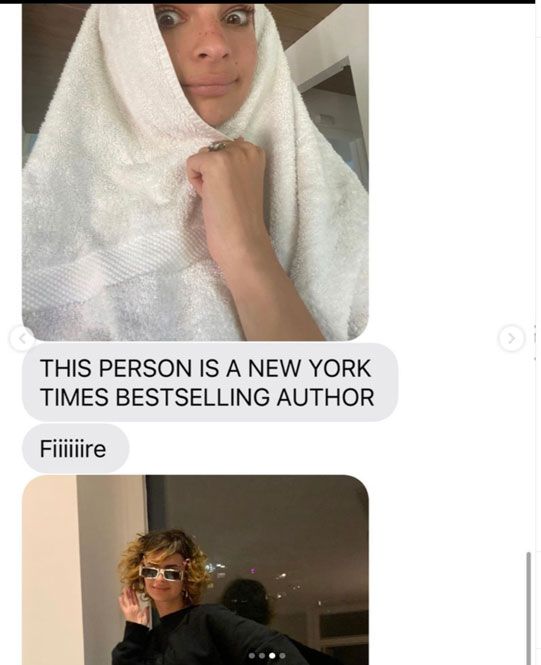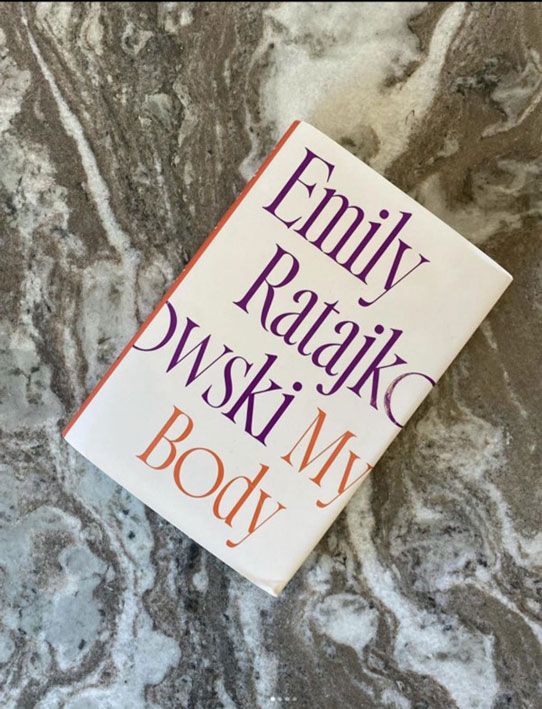“Ah yeah she was the girl in the Blurred Lines video!”—this was the answer I received every time I mentioned that I was reading Emily Ratajkowski’s debut essay collection My Body.
Every time I heard this phrase, I wondered how it must feel being a New York Times best-selling author, but still being considered just some hot chick in a music video.
The release of Ratajkowski’s book divided opinions of feminists all over the world. The main criticism seemed to be simply the fact of Emily as someone who has actively promoted her body and looks, capitalized her image to perfectly satisfy the male gaze, considering herself as a feminist.

While reading the book, it seems like Emily is asking herself this question multiple times as well.
“On a good day, I'd call people sexist who condemned a woman for capitalizing on her body. On a bad day, I'd hate myself and my body, and every decision I'd made in my life seemed like a glaring mistake. Mostly, though, I knew I was a whole, complex person with thoughts and ideas and things I wanted to make and say. I wanted so desperately to prove them all wrong. I just hadn't gotten the chance yet,” Ratajkowski wrote.
It seems so obsolete that a woman, who presents her body openly naked to earn a living and live her dreams, cannot be seen as a serious and specifically eloquent author, and especially as a feminist.
However you want to see it, My Body describes the search of a young woman for equality and who she wants to be. This aim aligns as well with one of the main targets of the United Nations Sustainable Development Goals for Gender Equality within and among countries.

In 2013 when “Blurred Lines” was released, the criticism about a song using lyrics like: “I know you want it” and “cause you’re a good girl” was huge. The song was even banned by some student unions and even branded as the “rape song.”
Back then, Ratajkowski used to say "No" to questions asking her if she thought the song was sexist.
In a 2013 interview with Esquire magazine, she said:
“I really appreciate the people who watch out for that stuff, and I’m sensitive to those sort of things. On the surface level, the naked women dancing, I understand that can be perceived that way. But we’re directed to have a sort of confidence, a sarcastic attitude about the whole situation. . . . The way we are annoying them, being playful and having a good time with our body—it’s something very important for young women today to have that confidence. I think it’s actually celebrating women and their bodies.”
It is a tricky quote, on one side embracing women’s bodies and having a good time, feeling confident and happy with and in their skin, is a feeling of confidence, which should be encouraged specially to young females. However, the way the “Blurred Lines” video was also directed fuels the perception of naked, or half naked, females dancing around to entertain fully clothed men, while they are getting called “good girls.”
Like everything else in life, it is easy to describe and see the positive and good side of something, especially to justify your actions and behaviour to others but mainly to yourself. It’s a human coping mechanism. So why should we hold the quote from back then against Ratajkowski, when she is like all of us, human?!
Further knowing now that Thicke actually assaulted her while shooting the video puts her actions even more into perspective.
As 2021 Emily will quote in her book:
“Facing the reality of the dynamics at play would have meant admitting how limited my power really was—how limited any woman's power is when she survives and even succeeds in the world as a thing to be looked at. With that one gesture, Robin Thicke had reminded everyone on set that we women weren't actually in charge. I didn't have any real power as the naked girl dancing around in his music video. I was nothing more than the hired mannequin."

Sadly this is not the only sexual assault incident Ratajkowski describes in her publication. Starting with the story of how she lost her virginity to her boyfriend at the time, “forcing himself on her,” to when she was raped, and later on got assaulted by a photographer on a so called “shoot.” Later on, she writes:
“ . . . Women who gained their power from beauty were indebted to the men whose desire granted them that power in the first place. Those men were the ones in control, not the women the world fawned over."
A quote which could be the characteristic for her whole story.
It’s a sad realization, but also a realization that has to be made to make a difference in modern society. While researching this topic, I read a lot of criticism but also support for Ratajkowski's work.
However, it always came down to the same argument: "How can you be a feminist while you are still submitting to the male gaze, profiting from it, building a career with it; having used it multiple times to get what you wanted or desired?"
But aren’t we all guilty of that? How did we end up in this cycle of women tearing each other down instead of empowering each other?
Why can’t you be a feminist if you are posting bikini pictures on social media?
If we all have to look and act the same way to fulfill the requirements of being a feminist, isn’t that a discrimination itself, and further, who sets these requirements or behavioural standards?

Nowadays, it seems like feminism has turned into an odyssey to find equality, rather than the solution to reach it. My Body by Emily Ratajkowski describes this search par excellence.
In the end, it doesn’t matter if you agree or disagree with the main message of Ratajkowski’s work, but, personally, I think something everyone can take away from this discussion is: We pretend as if feminism is the solution, but what if it is more simple than that? What if it is general values of equality we should aim for, instead of defining how a true feminist has to act and to look like?
“You thought you were a mind, but you're a body.”―Emily Ratajkowski, My Body
Find out more about My Body by Emily Ratajkowski here.
Cover image: Emily Ratajkowski. Image courtesy of Emily Ratajkowski.
